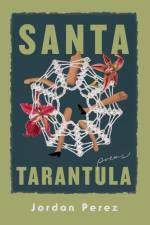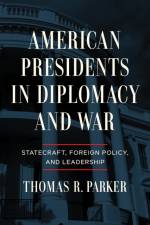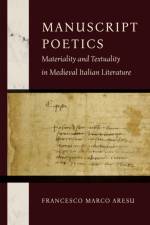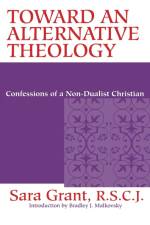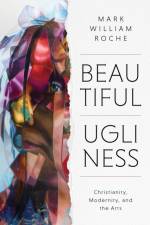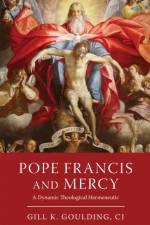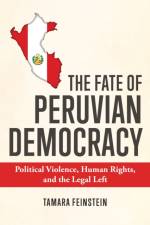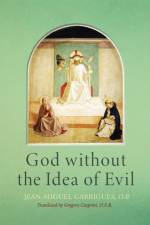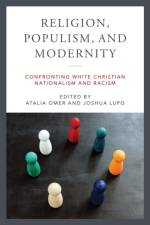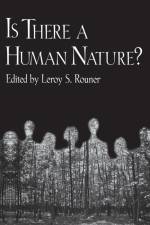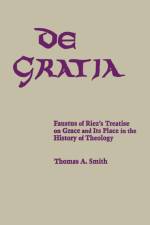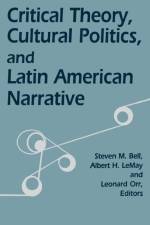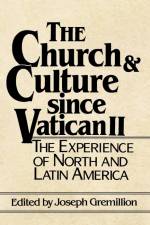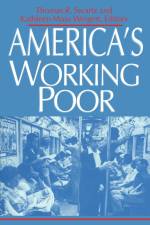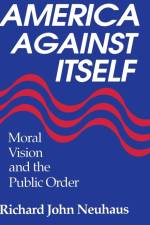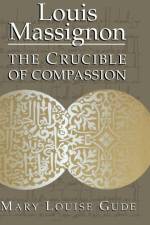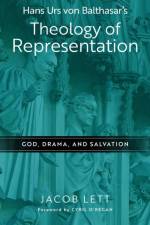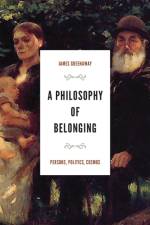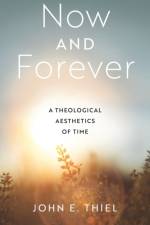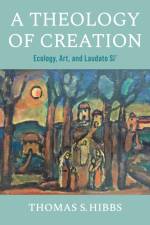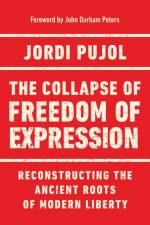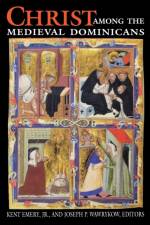385,-
In this timely book, an interdisciplinary group of scholars investigates the recent resurfacing of White Christian nationalism and racism in populist movements across the globe.Religion, Populism, and Modernity examines the recent rise of White Christian nationalism in Europe and the United States, focusing on how right-wing populist leaders and groups have mobilized racist and xenophobic rhetoric in their bids for political power. As the contributors to this volume show, this mobilization is deeply rooted in the broader structures of western modernity and as such requires an intersectional analysis that considers race, gender, ethnicity, nationalism, and religion together. The contributors explore a number of case studies, including White nationalism in the United States among both evangelicals and Catholics, anti- and philosemitism in Poland, the Far Right party Alternative for Germany, Islamophobia in Norway and France, and the entanglement of climate change opposition in right-wing parties throughout Europe. By extending the scope of these essays beyond Trump and Brexit, the contributors remind us that these two events are not exceptions to the rule of the normal functioning of liberal democracies. Rather, they are in fact but recent examples of long-standing trends in Europe and the United States. As the editors to the volume contend, confronting these issues requires that we not only unearth their historical precedents but also imagine futures that point to new ways of being beyond them.Contributors: Atalia Omer, Joshua Lupo, Philip Gorski, Jason A. Springs, R. Scott Appleby, Richard Amesbury, Geneviève Zubrzycki, Geneviève Zubrzycki, Yolande Jansen, Jasmijn Leeuwenkamp, Sindre Bangstad, and Ebrahim Moosa.

